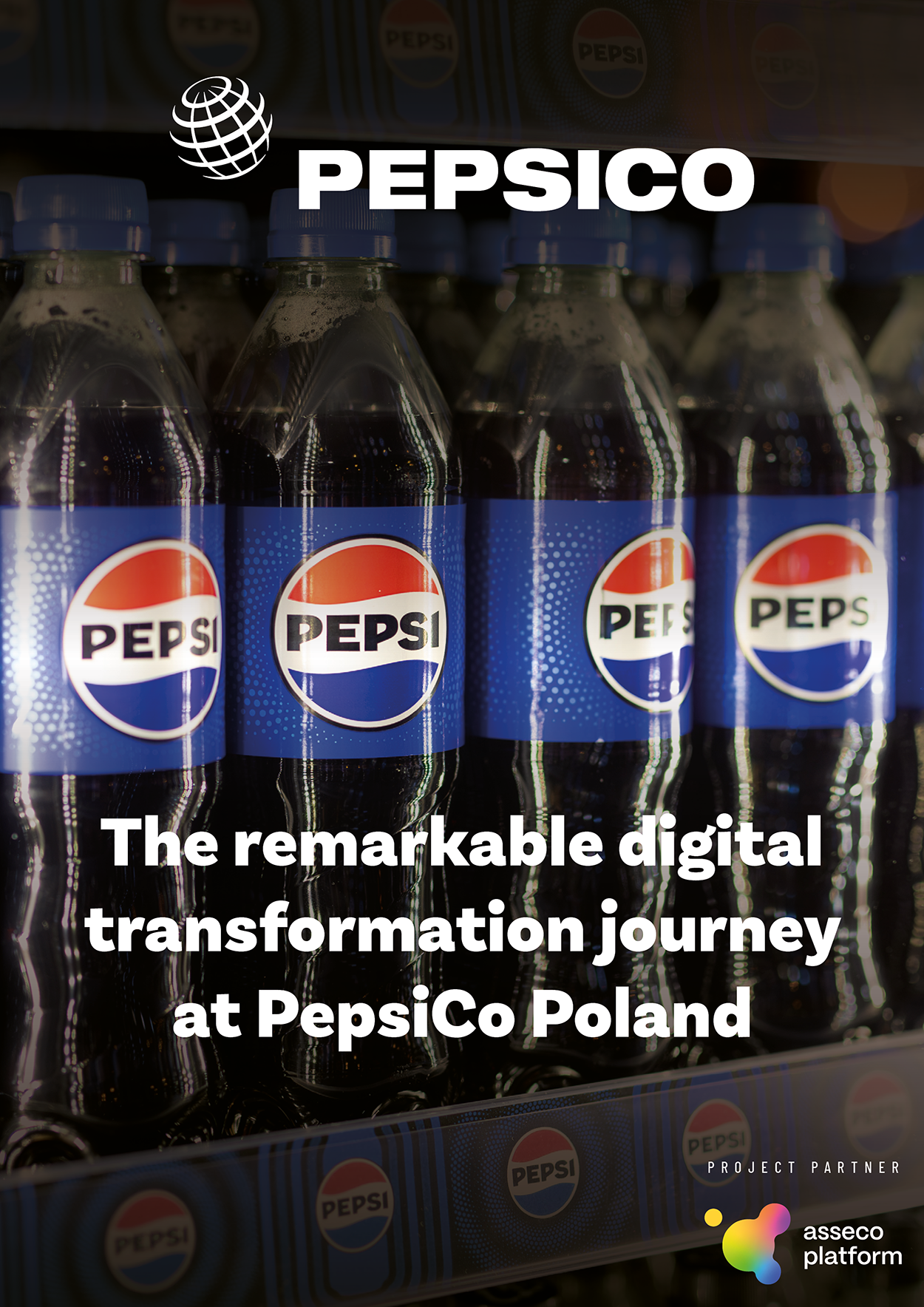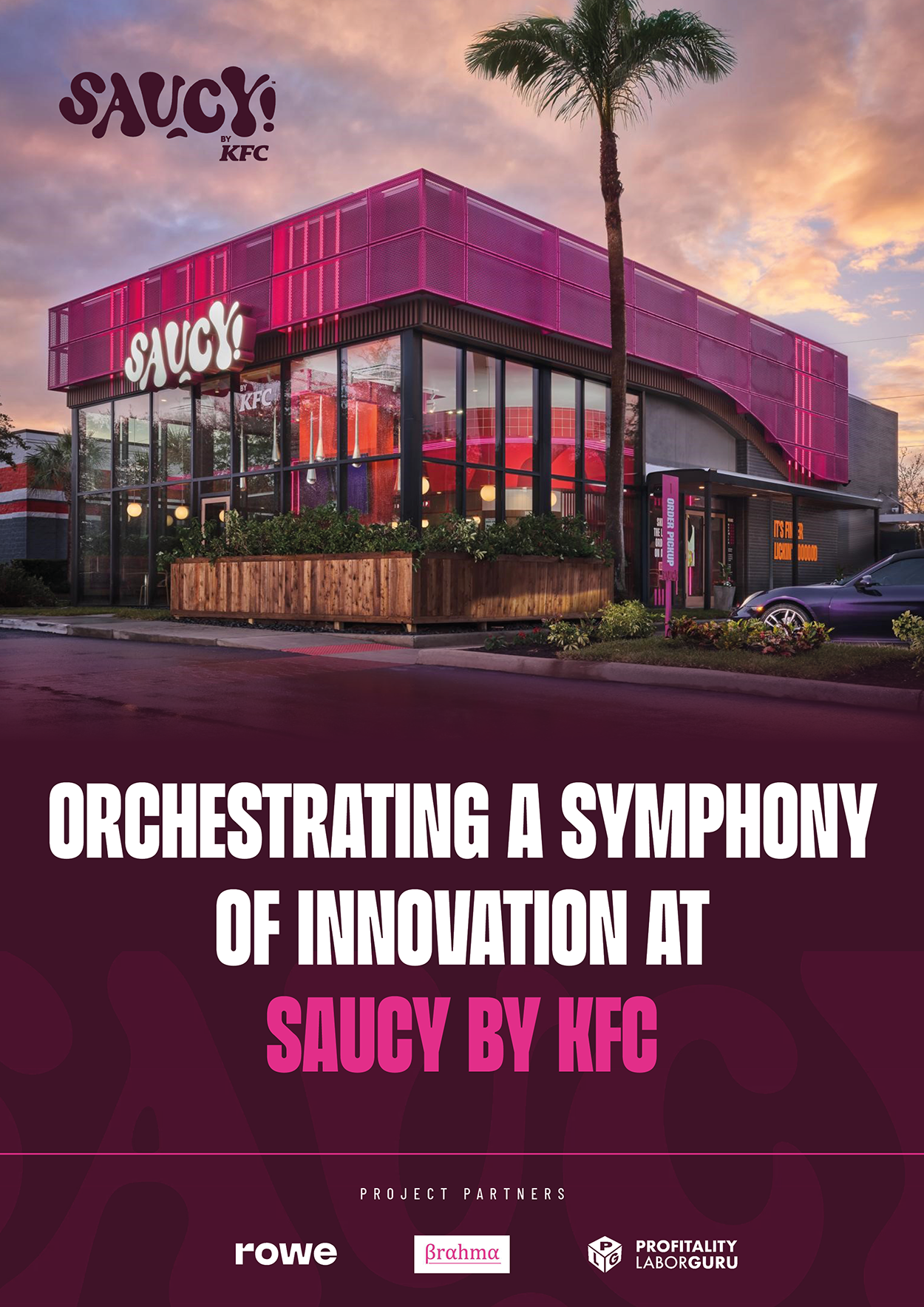Obton prides itself on a long-term partnership approach to its operations, providing security and value for all stakeholders in the process.
Here to discuss Obton’s shift from an investment firm to a broader renewable energy company by focusing on assets is Robin Hirschl, Chief Technical Officer.
Robin started working with Obton as a consultant in 2013, joining them as a full-time employee five years later to help the company work more closely and directly with its assets using innovative data and technology strategies.
“Since I joined, we decided to build up a technical department so we can get closer to our assets, better understand what is going on in our PV plants and improve how we understand and use data to move forward,” says Robin. “Before I arrived there was one other engineer, and today we have a team of about 45 engineers out of the 300 employees at the company, so we’re a large department now.”

Robin explains that Obton’s journey to get closer to its assets begins with data as an enabling force to then make technological improvements.
“So what we try to do is gather the right data, not as much data as possible, to make sure we know what’s going on at the plants,” says Robin. “As one of my colleagues always says: one source of truth. We need to have one source of data and one compilation of data to the concrete points we need to understand rather than a multitude of spreadsheets with inconsistent information.
“The exciting thing about photovoltaics is that it is super simple. But, ironically, that also makes it difficult. At a basic level, it’s just the sun shining on a panel and this generates electric current – there are very few moving parts.
“Therefore, to improve efficiency or effectiveness and gain a competitive advantage, you really have to dive into the details. Hence the importance of data. With the right data on hand, you can optimise your plant and minimise operational costs. Here at Obton this involves robotics, augmented reality, autonomous operations and autonomous failure detection.
“Wielding the right data in conjunction with technological and hardware improvements allows us to operate more intelligently. For example, we use robotics in cleaning the modules at some of our plants. We use automatic systems to cut the grass and control vegetation around the modules. We are in a test phase exploring how we might use augmented reality devices so our engineers on the ground can see relevant plans, diagrams or resources and connect with somebody in the central operation centre to perform more efficiently and effectively. Our business model means we invest in a lot of brownfield sites, with a huge range of legacy devices or hardware, and nobody is an expert in all of them. But if we can have one trained person with remote access to the insights or expertise, they need to complete the task in a single visit, rather than two or three, we can drive significant operational improvements.”
Autonomous operations and failure detection are crucially important to Obton’s closer focus on managing its assets and the endeavours of Robin and his team.
“Autonomous operation centres and failure detection are closely connected at Obton,” explains Robin. “When we say autonomous operation centres, we mean moving away from a traditional monitoring centre where people have to be present across three shifts, 24 hours per day, seven days a week.”

From differentiating between false alarms and genuine threats to adjusting for unexpected weather conditions, automation is a lynchpin of operations at Obton.
“The future of autonomous operation centres and failure detection is more than statically comparing numbers, we are intelligently analysing the data that is coming in from a PV plant and comparing our expectations with reality,” says Robin. “It must include learning from the past as well as the present situation before us. For example, if there is a tree that casts a shadow on panels at 3pm at a particular location, we don’t want that dip in production to trigger an alarm. Then we can consider adjusting the alarms or cutting down the tree.
“We cannot fully automate operations on our own and here our partnership with Raicoon is invaluable to our failure detection efforts. For several decades the operational monitoring and surveillance of PV plants was based on ‘quasi-real time data’ only. Monitoring systems received certain parameters from a plant and if there were any unexpected values an indefinite alarm was generated. Our analyses showed that this led to more than 80% of all alarms being false alarms. An autonomous operations centre solution, as offered by Raicoon with their Failure Detection Engine (FDE), avoids these false alarms. We no longer need to check each and every message received from a monitoring system before forwarding it to the people on site to take countermeasures. Our mid-term aim is to cut out the ‘monitoring centre’ part of the traditional PV operation and maintenance cycle, and replace it with a smart solution together with Raicoon.”
Robin adds that automation and technology are powerful tools to have available, but Obton also has to consider the geography and topography at the PV plants to deploy them successfully as well.
“For instance, we are starting a project in Japan where, for whatever reason, many of the PV plants are built on former golf courses,” says Robin. “The sites have uneven terrain with various inclines and descents which affect the panels, so observation and surveillance become trickier.
“Especially when we have to deal with complex sites like this, it is great to have established a technical standard procedure in construction monitoring and digital construction management. For this we work together with the company Above,which provides a solution combining data collected during construction, be it with a mobile application or a drone, into one software. The software makes it easy to track progress and tasks, and it identifies any deviations from design. With construction happening in various countries simultaneously, it’s essential for us to have this standard in place to be able to supervise all of these projects to the same quality. At the moment with Above we are even trialling the use of autonomous drones, meaning drones that are resident onsite.”
Analysing the right data and deploying the latest technology to automate operations and detect failures are all well and good, but they cannot fully consider one unknown variable: humans. Security is a major, growing concern in the photovoltaic industry.
“When I started in PV more than 15 years ago the main security challenge was thefts of modules,” recounts Robin. “Today the thieves have become much more advanced and the primary target is copper cables. These constant changes in criminal strategies also require smarter solutions for detecting and tracking incidents. Viamon has developed a system that has been highly recommended by our insurance company, combining the notice of intrusion with the tracking of potentially stolen goods. In particular, Viamon helps us to constantly improve the solution by jointly visiting sites affected by intrusion and then adapting the security concept accordingly. They use GPS in a very smart way to detect and trace thefts.”
Another emerging concern in the PV industry beyond security is sustainability. On this point, Robin clarifies that Obton is not directly involved in manufacturing – but how the company partners with suppliers of modules, equipment or hardware is a major focus in the ESG and sustainability strategies at Obton.
“We look for manufacturers where we can trace exactly what has happened to the hardware during the production processes,” says Robin. “We seek out whole lifecycle data, from extracting raw materials at the very beginning of the process to the final product and how it functions. Investors, banks and funding bodies pay close attention to these details, so we invest heavily in how our assets are produced.
“Likewise we consider the installation process – from the amount of concrete we use to how we manage the land at our plants.
“Waste disposal and treatment are two other major components of our sustainability strategy. We strive to repair, reuse or upgrade most of our components. This allows us to avoid waste, but if we have to dispose of hardware, we ensure it is done in a sustainable way.
“Lastly, we are exploring new avenues for alternative battery storage technology to replace lithium-ion with much more durable options like vanadium redox flow batteries.”

So where is Obton heading in the coming years?
“In the past three to four years we transitioned from an investment firm to a solar company, in the next few years we will become a broader renewable energy company,” predicts Robin. “The energy market is undergoing a period of tremendous change – traditional power plants are being switched off, national grids are suffering, regulations are shifting and technology is evolving, rapidly.
“As we speak, Obton is becoming an active participant in the energy market, looking to offer new auxiliary services and grow with the industry,” summarises Robin.
For further information and to learn more about Obton, visit obton.com.
ADDED VALUE
Exchanging ideas
Robin’s professional life is enriched by the exchanges he has with colleagues at Obton, other people in the energy sector and representatives from other industries.
After many years working in photovoltaics, Robin relishes how the conversations and topics being discussed are very different today compared to when he began his career.
In particular, Robin is excited by the inter-industry discussions, where people from outside the energy sector can offer valuable insights to pursue innovation, progress and sustainable goals.
“I’m a big fan of personal exchanges,” says Robin. “Of course, I read relevant industry newsletters or conduct my own research regularly. But that’s not as valuable as meeting people face-to-face and exchanging ideas in person.”
Events
Robin has a busy schedule but he is looking forward to attending and presenting at several major events in his calendar.
Solarplaza Asset Management Europe 2023.
Reuters Utility Scale Solar and Wind Europe 2023
SolarMedia Large Scale Solar Central and Eastern Europe 2023
Newsletter Sign Up







